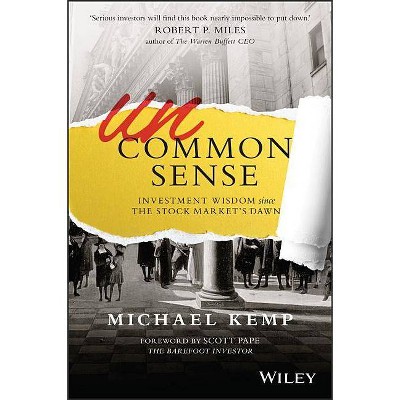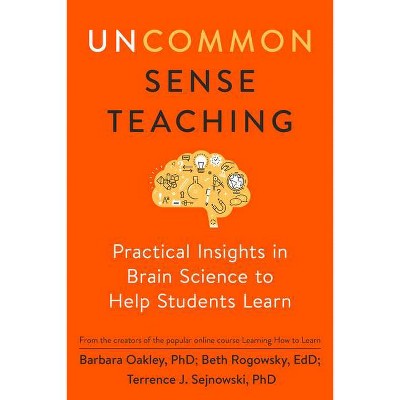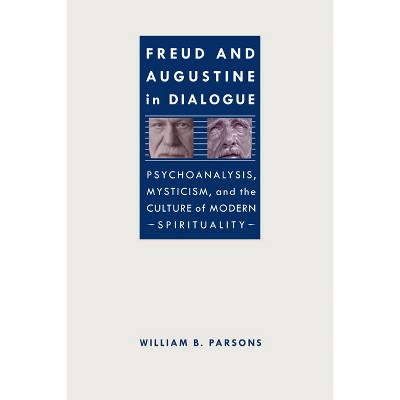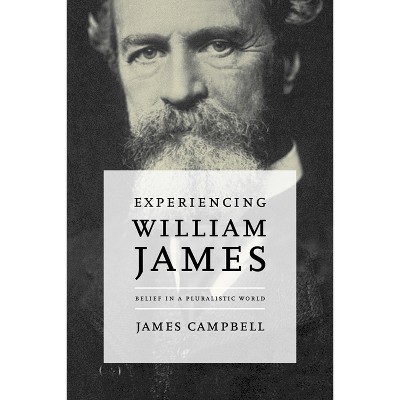About this item
Highlights
- Infamous for authoring two concepts since favored by government powers seeking license for ruthlessness--the utilitarian notion of privileging the greatest happiness for the most people and the panopticon--Jeremy Bentham is not commonly associated with political emancipation.
- About the Author: Carrie D. Shanafelt is Lecturer in English at Yeshiva University.
- 194 Pages
- Religion + Beliefs, Philosophy
Description
About the Book
"In his extensive private manuscripts, Jeremy Bentham used same-sex male intimacy as a philosophical test-case for the full political and social enfranchisement of women, colonized and enslaved persons, and sexual nonconformists. Bentham argued that oppression in law, philosophy, religion, and literature were all based on aesthetic hierarchies that refused to acknowledge differences of taste in sensory pleasure, including sexual pleasure. In Uncommon Sense, Carrie Shanafelt reads Bentham's sexual nonconformity papers as an argument for the toleration of aesthetic difference as the foundation for egalitarian liberty. Shanafelt challenges the common image of Bentham as a dehumanizing calculator or an eccentric projector, instead showing Bentham at his most intimate, outraged by injustice and desperate for the end of discriminatory violence"--Book Synopsis
Infamous for authoring two concepts since favored by government powers seeking license for ruthlessness--the utilitarian notion of privileging the greatest happiness for the most people and the panopticon--Jeremy Bentham is not commonly associated with political emancipation. But perhaps he should be. In his private manuscripts, Bentham agonized over the injustice of laws prohibiting sexual nonconformity, questioning state policy that would put someone to death merely for enjoying an uncommon pleasure. He identified sources of hatred for sexual nonconformists in philosophy, law, religion, and literature, arguing that his goal of "the greatest happiness" would be impossible as long as authorities dictate whose pleasures can be tolerated and whose must be forbidden. Ultimately, Bentham came to believe that authorities worked to maximize the suffering of women, colonized and enslaved persons, and sexual nonconformists in order to demoralize disenfranchised people and prevent any challenge to power.
In Uncommon Sense, Carrie Shanafelt reads Bentham's sexual nonconformity papers as an argument for the toleration of aesthetic difference as the foundation for egalitarian liberty, shedding new light on eighteenth-century aesthetics and politics. At odds with the common image of Bentham as a dehumanizing calculator or an eccentric projector, this innovative study shows Bentham at his most intimate, outraged by injustice and desperate for the end of sanctioned, discriminatory violence.
Review Quotes
A lively and committed introduction to Bentham's writings on sexuality and their central place in his oeuvre, and the figure 'Bentham' emerges from it in a surprisingly modern and sympathetic form.
-- "Eighteenth-Century Studies"An original, compellingly written investigation into Bentham's various assaults on the prejudices that animate Western political thought and a remarkably eye-opening argument for rescuing Bentham for contemporary queer and radical critique.
--Paul Kelleher, Emory University, author of Making Love: Sentiment and Sexuality in Eighteenth-Century British LiteratureCarrie Shanafelt has written an elegant, original contribution to "New Bentham Studies," steeped in primary research in both the published and unpublished Bentham archives. Shanafelt brilliantly locates Bentham's advocacy for what he called "sexual nonconformity" in the context of his discourse on rights, and in doing so, offers new readings of both Bentham and of liberalism's human rights discourse
--Kathryn D. Temple, Georgetown University, author of Loving Justice: Legal Emotions in William Blackstone's EnglandFew readers of Uncommon Sense are likely to finish the book without having their preconceptions about its subject fundamentally altered... Bentham emerges here as one of the most challenging and provocative thinkers of the long eighteenth century, particularly in his vision for sexual liberty and 'a kind of queer historiography that is deeply interested in alterity and historicity' (127)... Shanafelt's prose is clear, witty, engaging, and consistently pleasurable to read.
-- "Eighteenth-Century Fiction"Rectifies misgivings and misreadings of Jeremy Bentham by providing a comprehensive overview of Bentham's writings, especially the posthumously published work that interrogated sexual nonconformity... The book's title responds to Shanafelt's (and Bentham's shared) critique of 'common sense, ' or a type of 'virtue ethics in which we deny our empirical experience, desire, and judgment in favor of some imagined consensus of people who lack the "bias" of our experiences of oppression' (16). Uncommon sense, at least the type mobilized by Bentham, can become a rallying call that upholds Benthamite radical politics in ways that might be commensurate --at the very least legible--with conceptions of identity, race, sexuality, and humanity today.
-- "European Romantic Review"About the Author
Carrie D. Shanafelt is Lecturer in English at Yeshiva University.
Shipping details
Return details
Trending Poetry












